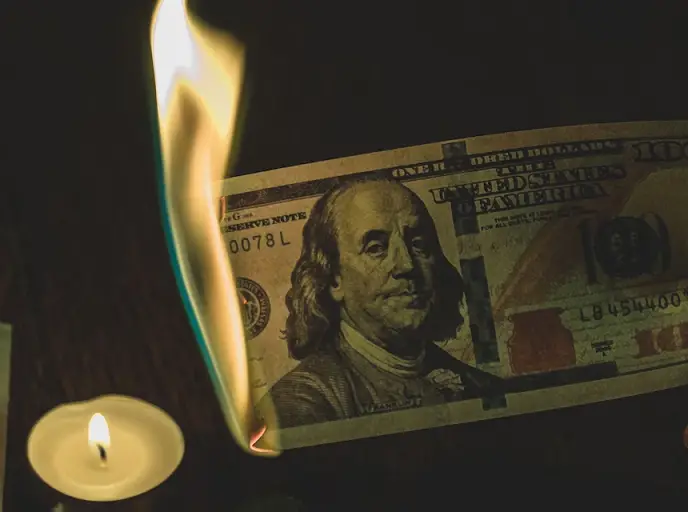Russian State Duma Deputy Speaker Aleksandr Babakov said that Russia is working with its fellow BRICS members, as well as other nations in Africa to create a new global currency which would be analogous to the euro for non-Western states, and which could supplant the dollar as a tool of international trade.
Speaking Wednesday in an interview with Russian media, Babakov said that now that Russia has shown it can survive while under Western sanctions, the Kremlin is looking to take on a new role in the world order, where it can ally with international partners, and undermine the hegemony of the United States.
He pointed to the Russia-Africa summit held last week in St Petersburg, noting that it showed that the West has failed in its coordinated efforts to isolate Russia on the world stage, before he went on to note the newly emerging trends in the international political order.
Babakov emphasized that in its search for true sovereignty, Russia would need to shift its trade settlements away from the dominance of the dollar. He added that Russia and her trade partners would need to agree on a new form of currency, and how it would function in international trade.
When asked what he meant by a new currency, the Russian MP said, “This is not the yuan and not the ruble. There are already certain formulations… The name is not important, but it should be an analogue of the dollar.”
He went on, “After all, the BRICS in terms of its potential today is greater than the G7. That is, the potential of the market where this currency can function is very wide. There are no reasons to be tied to the dollar…”
Russia’s move away from the dollar is part of a broader trend toward “dedollarization” which gained steam following the imposition of Western sanctions on Russia which were designed to cut Moscow off from the Western-dominated financial system. Since then, the BRICS nations have sought to move further away from the dollar in mutual trade, so as to become less subject to external influence through their dependence on Western financial mechanisms.
Among developing nations, many, including BRICS members China, India, Brazil and South Africa, have begun using alternative currencies in international trade.
Last year the Kremlin first introduced the idea of creating a dedicated BRICS currency. This past June Russian President Vladimir Putin said that the BRICS nations were looking at creating a new reserve currency for the BRICS group which would be based on a basket of its member nations’ national currencies.

